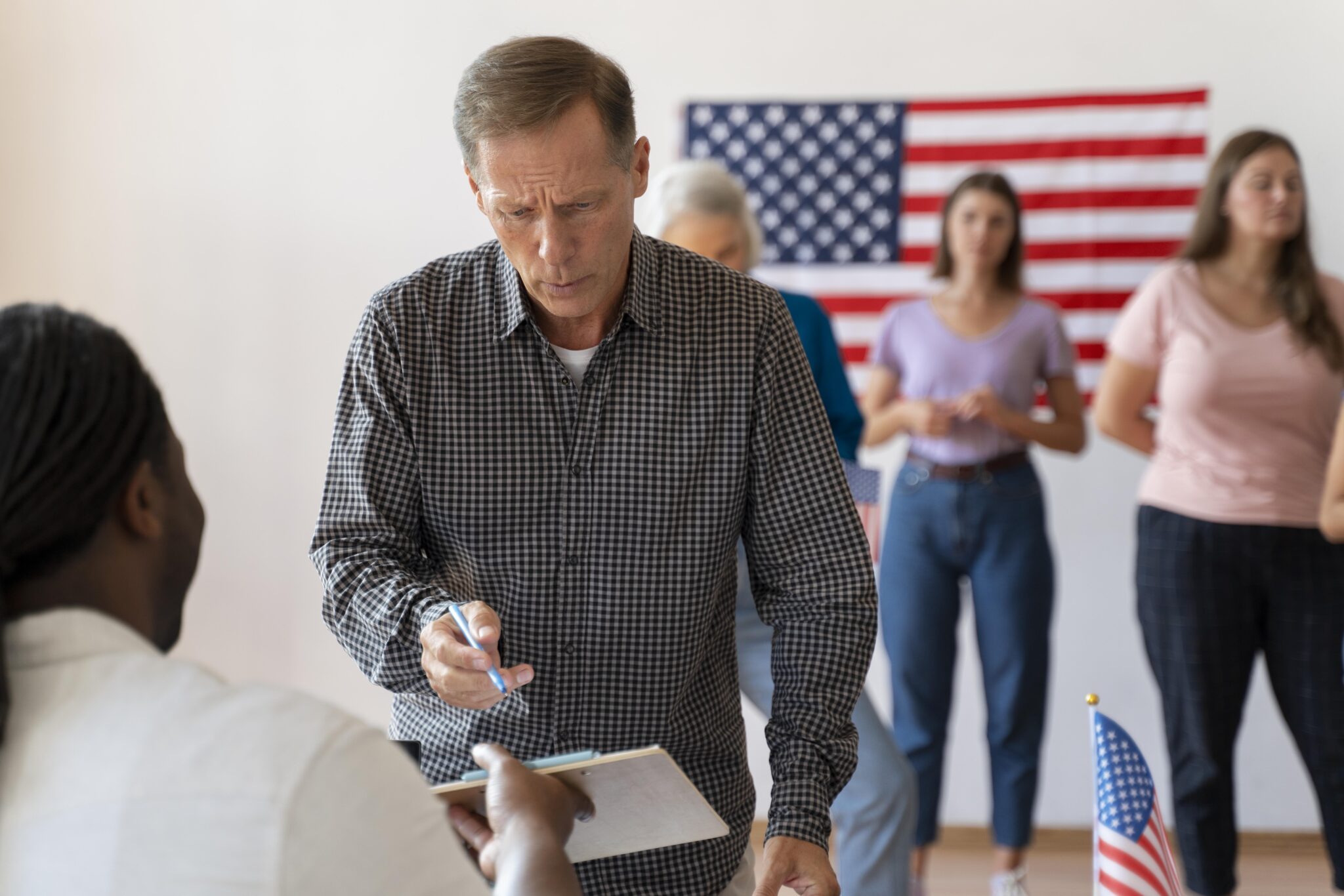As the 24th anniversary of the 9/11 attacks approaches on September 11, 2025, Democratic senators are raising urgent concerns about the World Trade Center Health Program (WTCHP), a federal initiative that provides medical care for first responders and survivors affected by 9/11-related illnesses. In a letter to Health and Human Services (HHS) Secretary Robert F. Kennedy Jr., six senators highlighted delays in adding new health conditions to the program, staffing shortages, and funding issues that are causing months-long wait times for critical care. This article explains the program’s challenges, the senators’ demands, and why this matters for 9/11 survivors, all in simple English.
What Is the World Trade Center Health Program?
- Purpose of the Program
- The WTCHP, created under the James Zadroga 9/11 Health and Compensation Act of 2011, offers free medical monitoring and treatment for 9/11 first responders and survivors exposed to toxic dust at Ground Zero, the Pentagon, and Shanksville, Pennsylvania.
- It covers illnesses like cancer, asthma, chronic coughs, leukemia, and prostate and thyroid cancers caused by toxic debris from the 2001 attacks. Over 140,000 people are enrolled, with 83,000 having at least one certified 9/11-related illness.
- Growing Enrollment
- Enrollment grew by 10,000 people in 2024, and another 10,000 are expected to join in 2025, according to advocacy group Citizens for the Extension of the James Zadroga Act.
- The program serves people in all 50 states and 434 of 435 congressional districts, showing its widespread impact.
- Services Provided
- The WTCHP funds screenings to detect illnesses early, treatments for diagnosed conditions, and research to identify new 9/11-related health issues.
- Some join after developing illnesses, while others enroll for annual checkups to catch problems early.
Current Challenges Facing the Program
- Staffing Shortages
- Since the second Trump administration began in January 2025, the WTCHP has faced significant staffing cuts. Over a dozen staff were fired in February, rehired after public outcry, then laid off again during an HHS restructuring that cut 20,000 jobs.
- The program now operates with about 80 staff members, down from an authorized 138, leading to delays in care. Some staff took buyouts offered by the administration, further reducing capacity.
- Delays in Care
- Survivors face wait times of up to six months for appointments, which delays critical diagnoses and treatments for life-threatening conditions like cancer.
- Michael Barasch, a lawyer representing 9/11 survivors, warned that these delays could cost lives, as timely care is essential for those affected.
- Halted Progress on New Conditions
- The WTCHP was supposed to decide by March 2025 whether to add conditions like lupus, rheumatoid arthritis, stroke, coronary artery disease, and young-onset dementia to its covered illnesses. This deadline passed without action.
- These delays prevent survivors from accessing care for potentially 9/11-related health issues, frustrating advocates and lawmakers.
Democratic Senators’ Demands
- The Letter to Kennedy
- On September 10, 2025, six Democratic senators—Chuck Schumer (N.Y.), Kirsten Gillibrand (N.Y.), Andy Kim (N.J.), Richard Blumenthal (Conn.), Tim Kaine (Va.), and Cory Booker (N.J.)—sent a letter to Kennedy demanding answers by October 10.
- They criticized the program’s failure to evaluate new health conditions, noting it “harms the ability of first responders” to get needed care.
- Specific Concerns Raised
- The senators questioned whether the WTCHP is enrolling new members, conducting research, and communicating effectively with the public.
- They highlighted a “communications pause” that has stopped the World Trade Center Responder Steering Committee from meeting since January 2025, halting discussions between doctors, advocates, and officials.
- Call for Action
- The senators urged Kennedy to lift a hiring freeze to address staffing shortages, as the program needs more doctors and specialists to handle growing enrollment.
- They expressed disappointment that issues persist despite Kennedy’s May 2025 promise to fix staffing cuts, which he admitted were a mistake during a House budget hearing.
Broader Issues and Advocacy
- Funding Shortfall
- The WTCHP faces a nearly $3 billion funding gap through 2040, threatening its ability to enroll new members or maintain services. A bipartisan funding fix was dropped in December 2024 after opposition from President Trump and Elon Musk.
- Advocates like Benjamin Chevat of 9/11 Health Watch are pushing for two bills—one in the House and one in the Senate—to secure additional funding and prevent future cuts.
- Bipartisan Support
- The program has historically enjoyed bipartisan backing, with lawmakers like Rep. Andrew Garbarino (R-N.Y.) joining Democrats to demand staff restorations. In February 2025, bipartisan pressure led to some staff being rehired.
- However, ongoing cuts and delays have frustrated both parties, with advocates like Michael Barasch emphasizing the need for stable funding and staffing.
- Advocates Speak Out
- Chevat called on Kennedy to “change course” and acknowledge ongoing mistakes, noting that the lack of steering committee meetings hinders progress.
- Barasch warned that without action, the program’s delays could lead to preventable deaths, underscoring the urgency as the 9/11 anniversary nears.
Why This Matters
- Honoring 9/11 Heroes: The WTCHP is a promise to “never forget” the sacrifices of first responders and survivors. Delays and cuts are seen as a betrayal of that commitment.
- Health and Lives at Stake: With thousands suffering from 9/11-related illnesses, timely care is critical. The program’s issues could worsen health outcomes for many.
- A Call for Accountability: The senators’ letter reflects growing frustration with the Trump administration’s handling of the program, pushing for transparency and solutions.
Conclusion
The World Trade Center Health Program is vital for the health of 9/11 first responders and survivors, but it faces serious challenges in 2025 due to staffing cuts, funding shortages, and delays in adding new covered conditions. Democratic senators are demanding that HHS Secretary Robert F. Kennedy Jr. address these issues by October 10, as wait times and administrative failures threaten lives. With the 24th anniversary of 9/11 approaching, the call to protect this program is louder than ever, urging action to ensure that heroes and survivors receive the care they deserve.






















